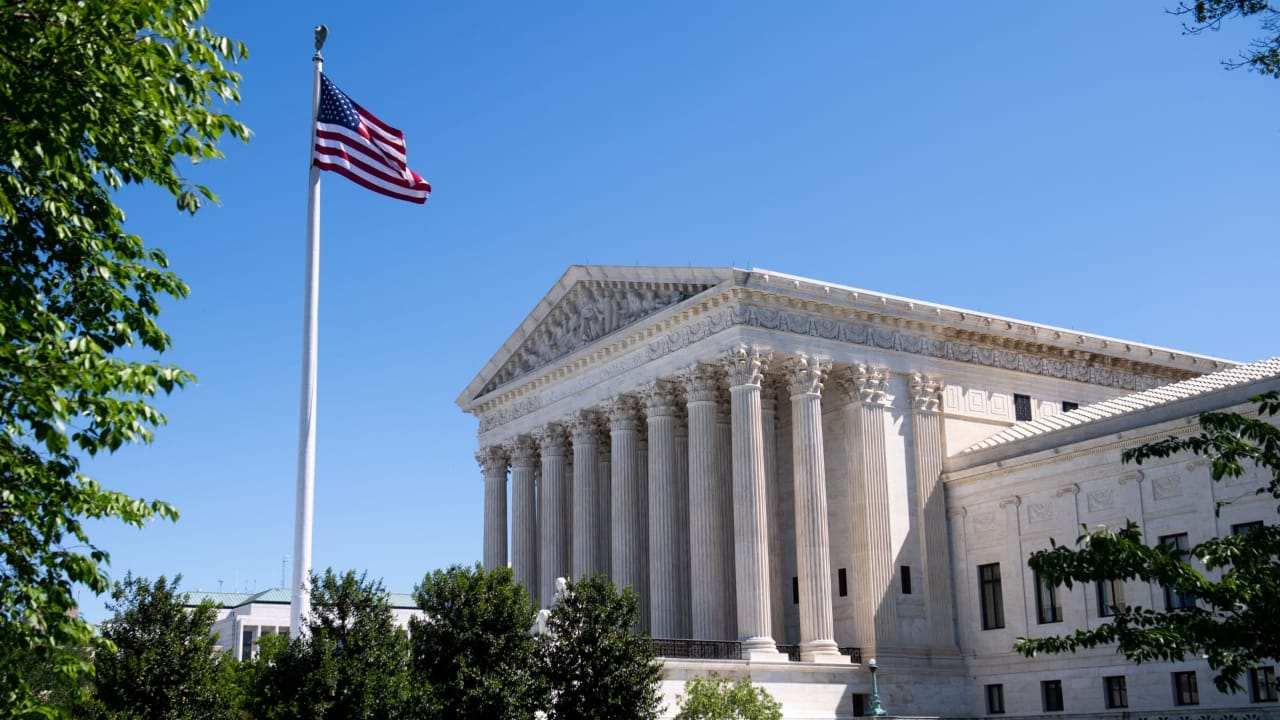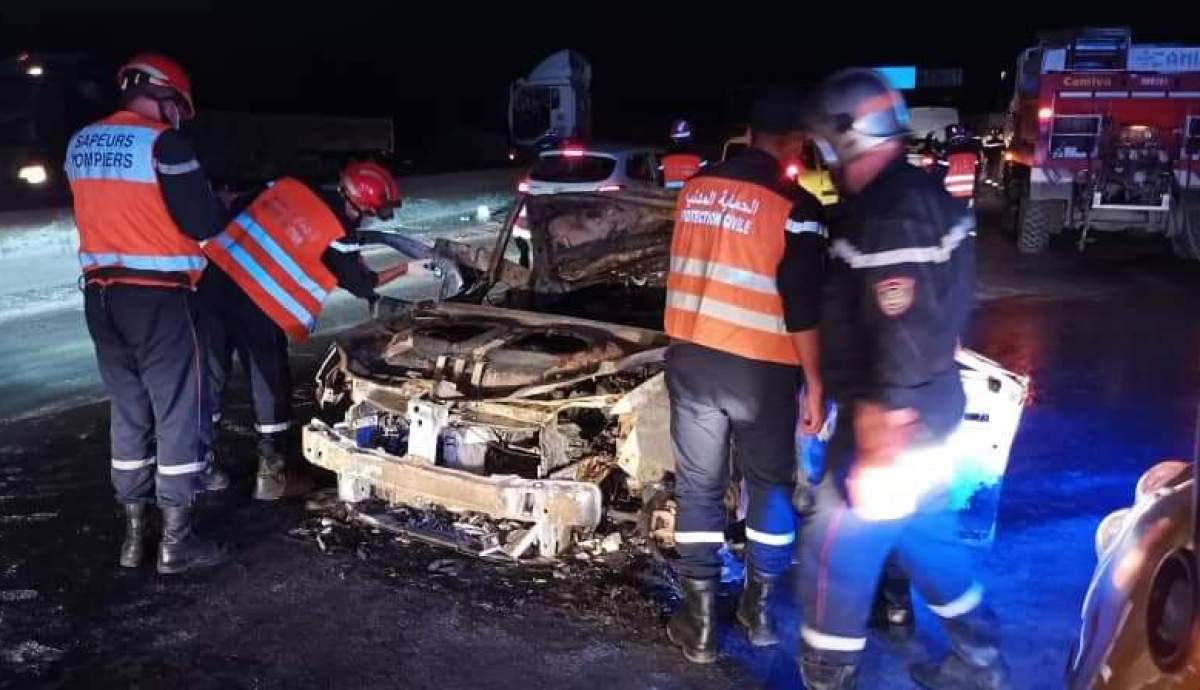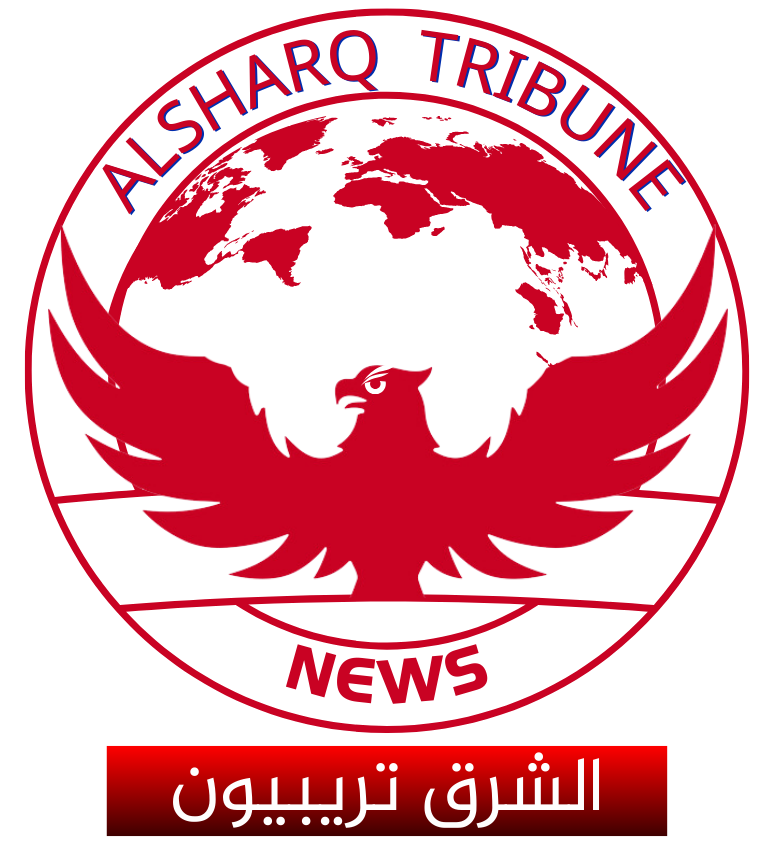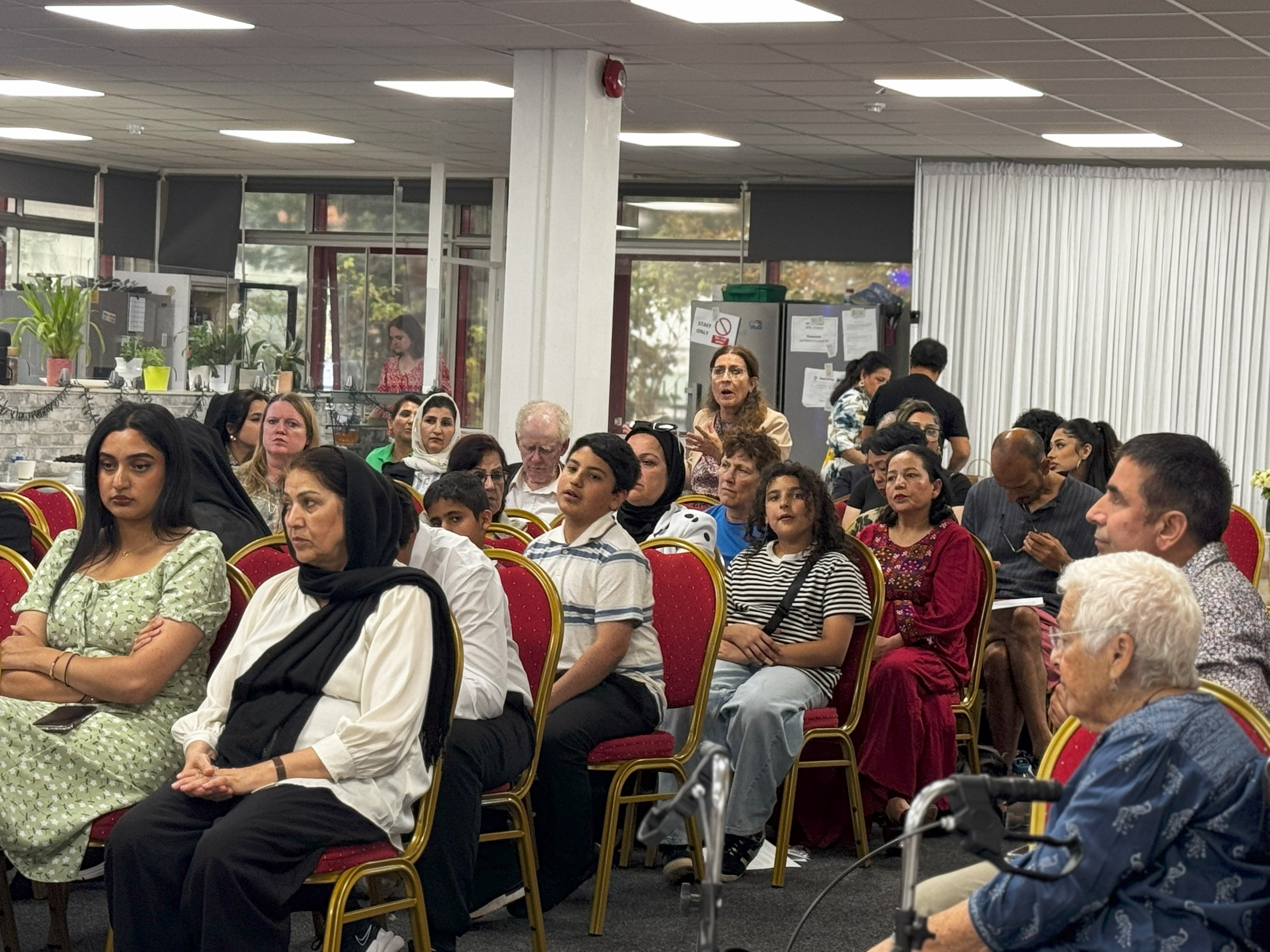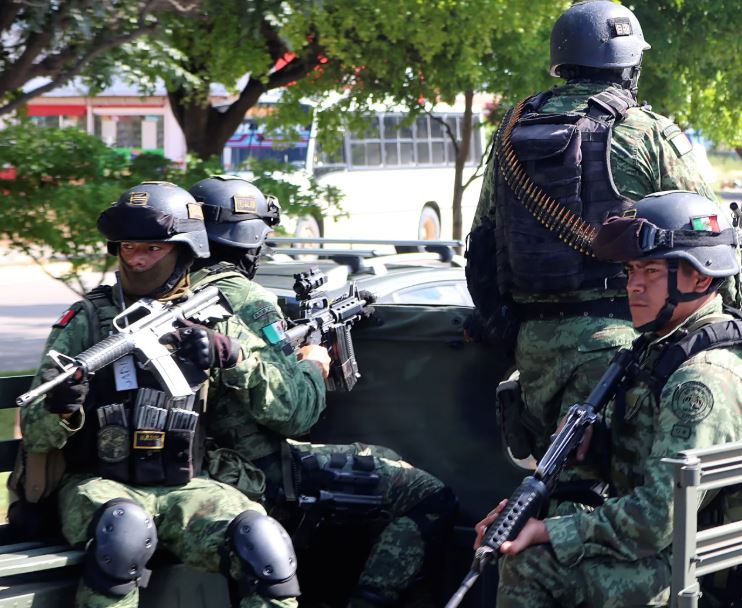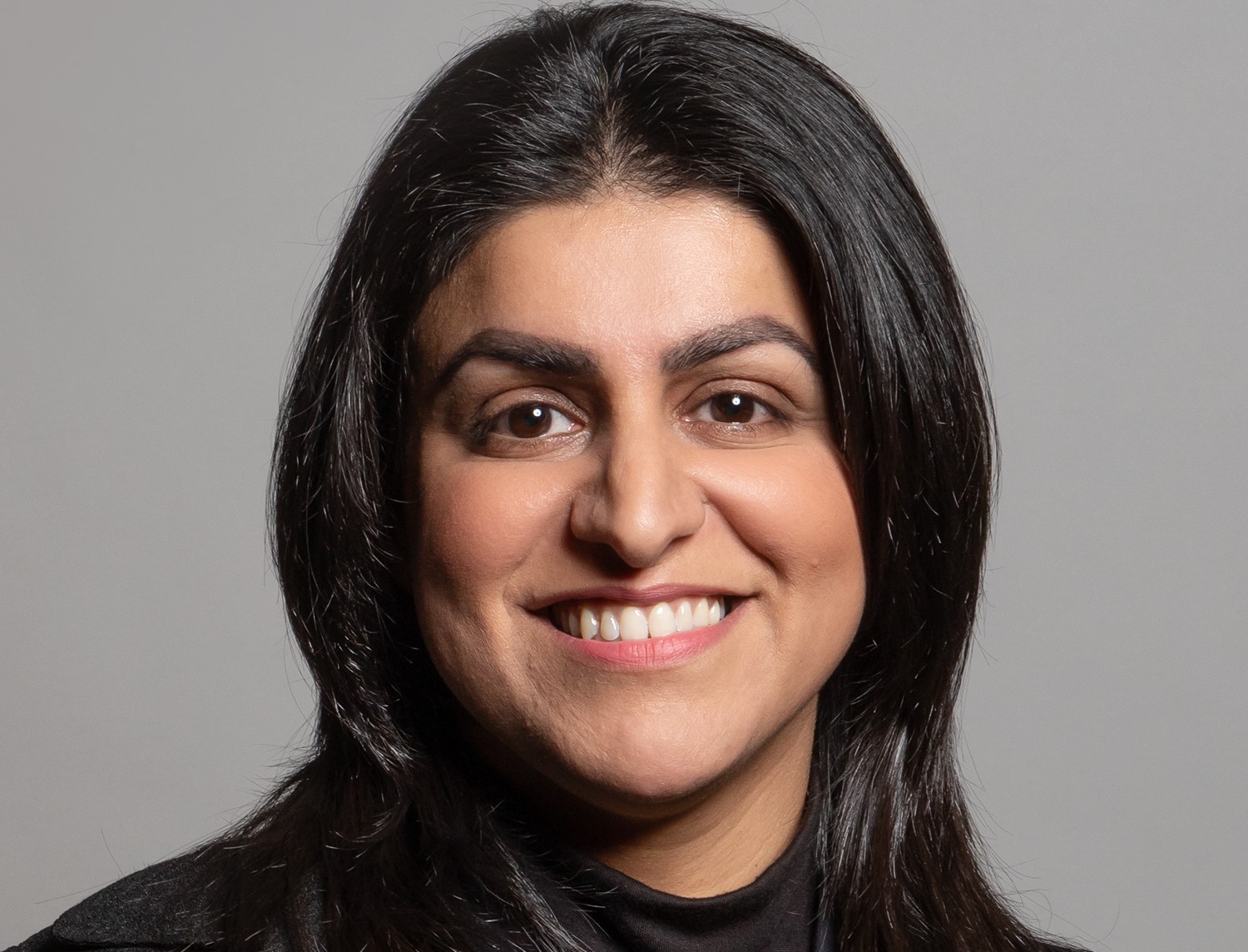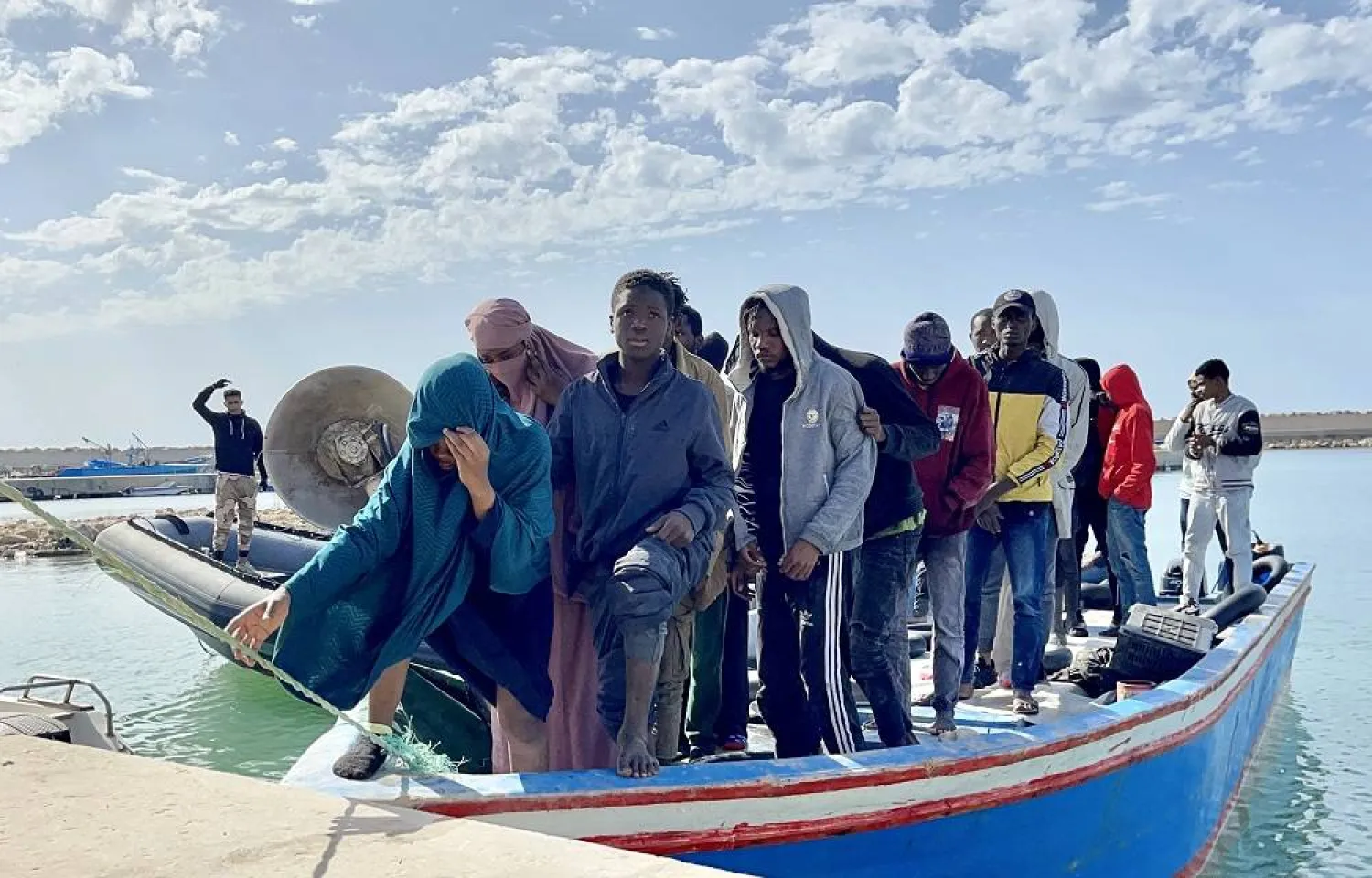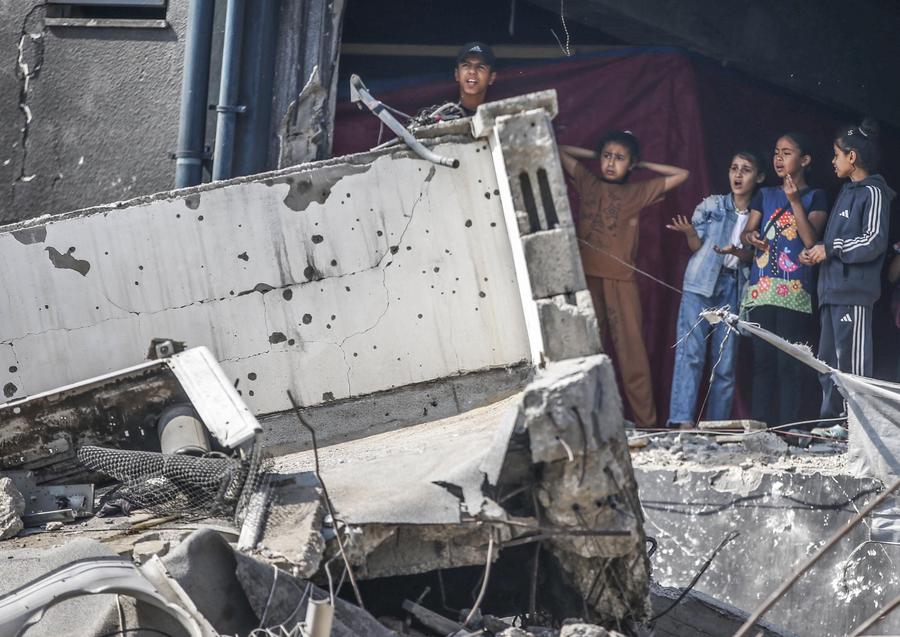London -Alsharq Tribune- Fleur Pallister
On the 15 th of August 2021, mere hours after the Afghan President Ashraf Ghani fled the country, the Taliban’s armed forces overtook the city of Kabul.
The fall of Afghanistan’s capital was an unmistakable symbol: the final victory of an advance that had begun in the rural provinces, spread quickly across the country, and faced little military resistance ollowing the withdrawal of Western troops and the collapse of the Afghan government.
Four years on, daily life has drastically changed for both the people of Afghanistan and the Afghan diaspora. Figures from July 2024 estimated that over ten million Afghans are displaced due to instability, violence or poverty (UNHCR).
Many of these displaced people currently residing in neighbouring countries like Iran and Pakistan are being forced to make the perilous return to Afghanistan. The severity of the ongoing humanitarian crisis in the country is perhaps most starkly reflected in the harsh edicts placed on the women of Afghanistan.
The restrictions of their liberty, including their freedoms of speech and movement, have amounted to what the UN has termed a ‘gender apartheid’, with the ICC issuing warrants for the arrests of the Taliban’s Supreme leader on charges of gender-based violence just a few weeks ago.
Unlawful killings, torture, and detentions of opponents, journalists and scholars are further threats to freedom faced by Afghans under Taliban governance. Widespread food insecurity remains another pressing issue, as many in the country lack access to basic supplies of water, food and medication.
As UK media coverage of this blatant humanitarian crisis declines, and with Russia’s recent diplomatic recognition of the Taliban government, it now seems that the responsibility to speak up about the humanitarian crisis in Afghanistan falls to the Afghan diaspora and the organisations that support them.
This was the aim of the recent conference held by the Afghanistan and Central Asian Association (ACAA) to mark the Fall of Kabul.
Founded by Dr Nooralhaq Nasimi MBE, himself a refugee from Afghanistan who fled the Taliban in 1999, the ACAA has continually demonstrated its enduring commitment to supporting refugees and other displaced people from central Asia and beyond.
Held over the 15 th and 16 th of August, the ACAA welcomed experts in the fields of education, politics, humanitarianism with keynote speeches delivered by the former MP, Keith Best, and Dr Nasimi
. Funded by the Deutsche Gesellschaft für Internationale Zusammenarbeit (GIZ) and the Federal Ministry of Economic Cooperation and Development (BMZ), the event featured panels and roundtables that facilitated conversation on the Afghanistan’s turbulent history as well as the diversity of its culture and ethnicities.
Above all, the conference underlined the fundamental importance of facilitating integration in a way that preserves cultural identity and builds the diaspora’s resilience as it looks ahead to an uncertain future.
Day one of the conference centred on culture and arts as a form of resistance in Afghanistan. Darius Nasimi, the head of Fundraising and Partnerships at the ACAA, begun the conference by leading a minute of silent for those fallen in Afghanistan since 1979, and explaining the multifaceted nature of work done by the ACAA – from community outreach projects like supplementary schooling and ESOL classes to broader attempts at humanitarian relief such as the work achieved by the ACAA’s former citizens’ advice centres in cities across Afghanistan.
We were privileged to hear from a range of speakers on the importance of maintaining Afghan traditions, heritage and culture, especially in the second and third generations of the diaspora.
As former MP Keith Best aptly articulated, it is by allowing those outside the diaspora to become ‘enriched by Afghan culture’ that we may start to counter rising anti immigration sentiment in the UK. Another of our speakers, Dr Hamoon Khelgat-Doost, a lecturer and research fellow at the University of Lincoln, echoed these sentiments, reflecting that discrimination against immigrants and refugees occurs first at the level of culture.
The ACAA is a designated space in which the vibrancy of Afghanistan’s culture, language, and tradition can be heralded. These values were affirmed in several cultural showcases across the weekend, from musical performances from the youngest Afghan singer in the UK and children at the Ferdowsi School, to the testimony of members of the audience who demanded the space to express the nuances of their culture freely.
Whilst the ACAA is committed to helping its beneficiaries attain an understanding of British values and language, the organisation recognises that having a ‘third space’ in which one may express cultural identity is crucial for a sense of identity and mental well-being.
The women’s empowerment classes, sports schemes for school children and Farsi language lessons offered by the ACAA are examples of this approach. A collective cultural presence is also vital in the face of growing stigma arising against migrants in the UK. In 2024, the highest number of both asylum applications and applicants ever were recorded.
A hostile environment only hinders refugees’ chances of successful integration in the UK. Indeed, findings by the UNHCR suggest that interactions between the general community and the refugee community are essential for the well-being and integration of refugees.
These important and topical discussions continued into the second day of the conference which focused on humanitarian aid and the methodologies by which charitable associations might bring about tangible change.
Alexa Netty, the CEO of Solidaritee, a student-led grassroots charity support refugees, delivered a rousing speech on the importance of bridging gaps between immediate aid and long-term relief.
In her view, allowing the lived experience of refugees to direct humanitarian aid will allow charities to build resilience in the diaspora and look ahead to the future.
Armed with the lived experience of the Nasimi family, the ACAA is attuned to the needs of refugees, and through its legal aid clinic, supports those that they help as they navigate unfamiliar systems in a foreign country.
Professor Anna Gupta, a specialist in unaccompanied child migration, believes this to be an essential quality of the organisation.
The ACAA’s two-day conference marking four years on from the Fall of Kabul was an opportunity for many to come together to mourn the loss of lives in Afghanistan, reflect on its vibrant culture and look ahead to the future of its diaspora.
The discourse generated through our incredible speakers and audiences mark an important first step in driving lasting change, and working towards resilience, reconciliation and healing.

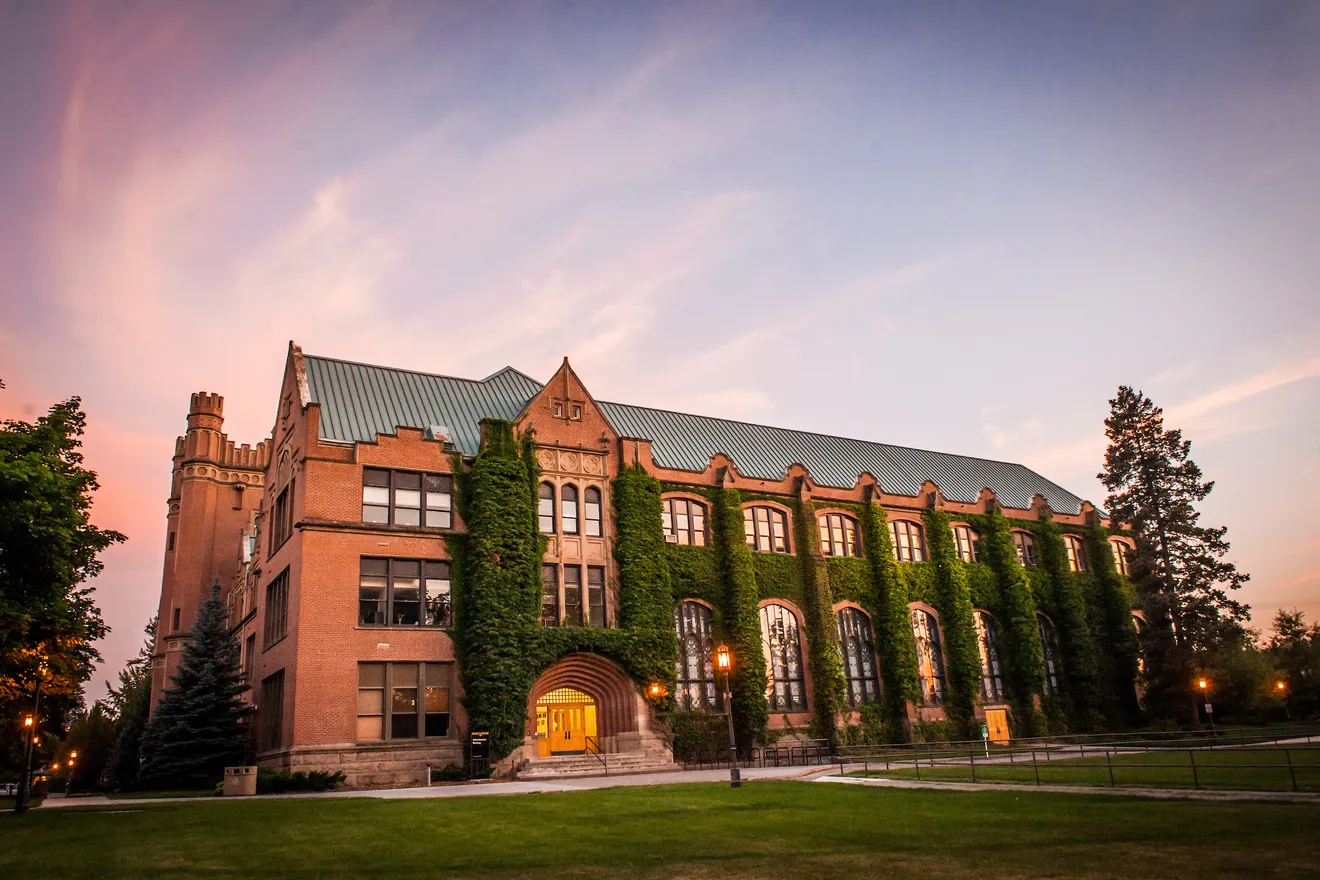

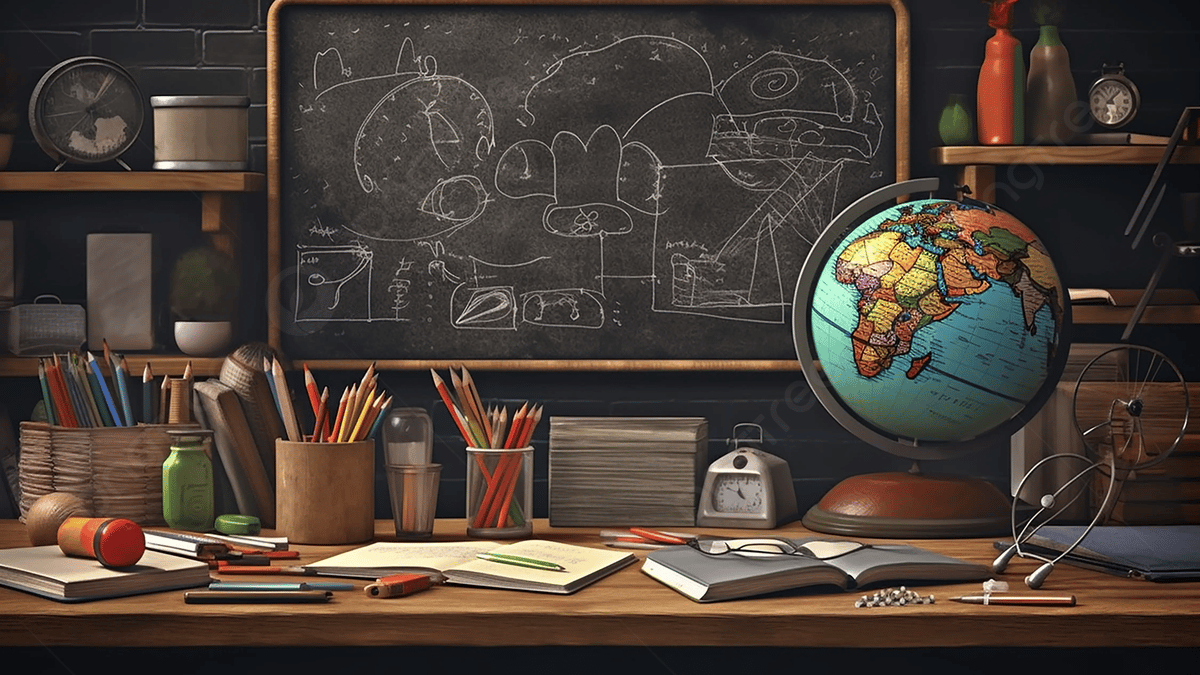
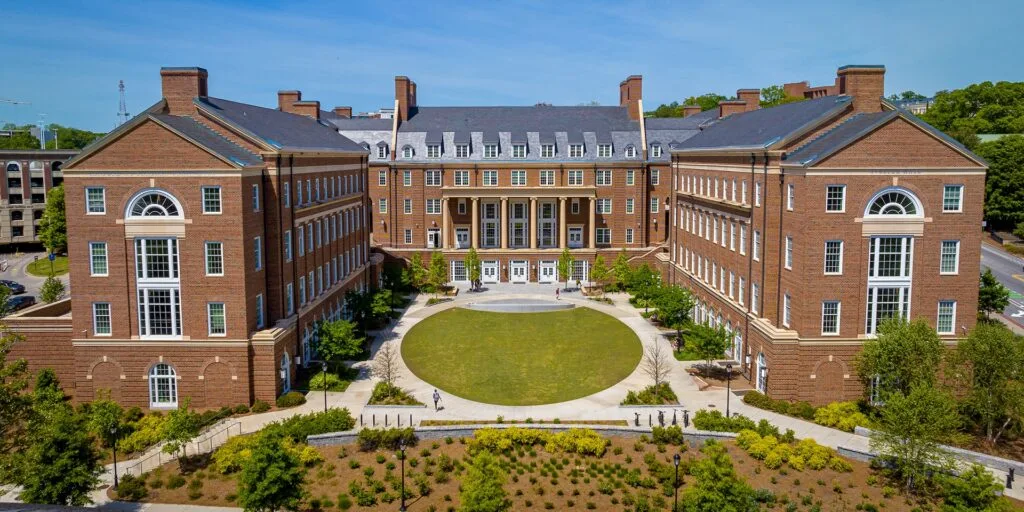



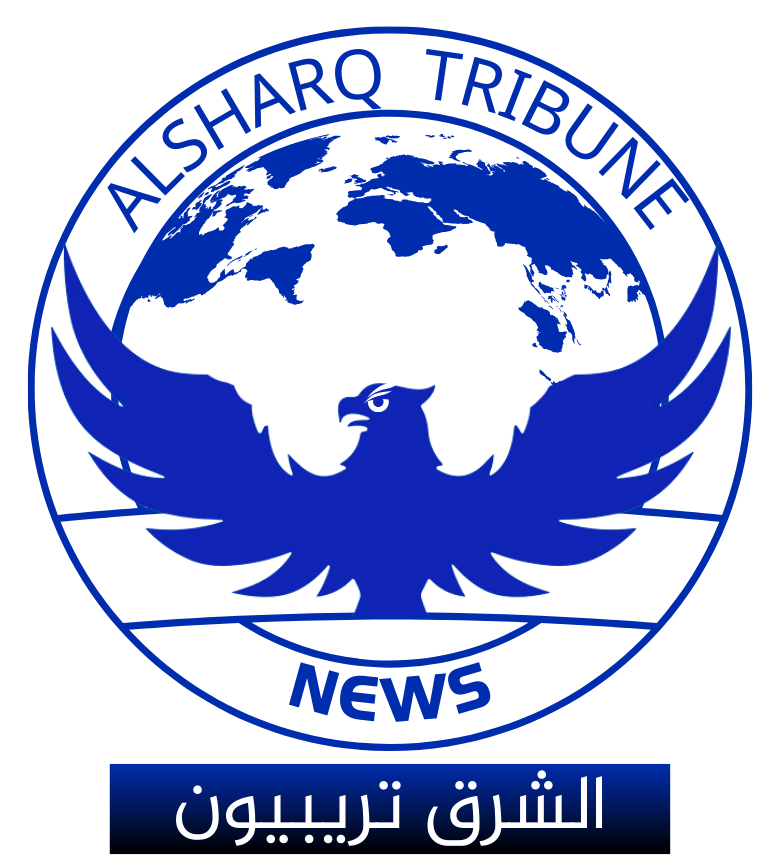.png?locale=en)


